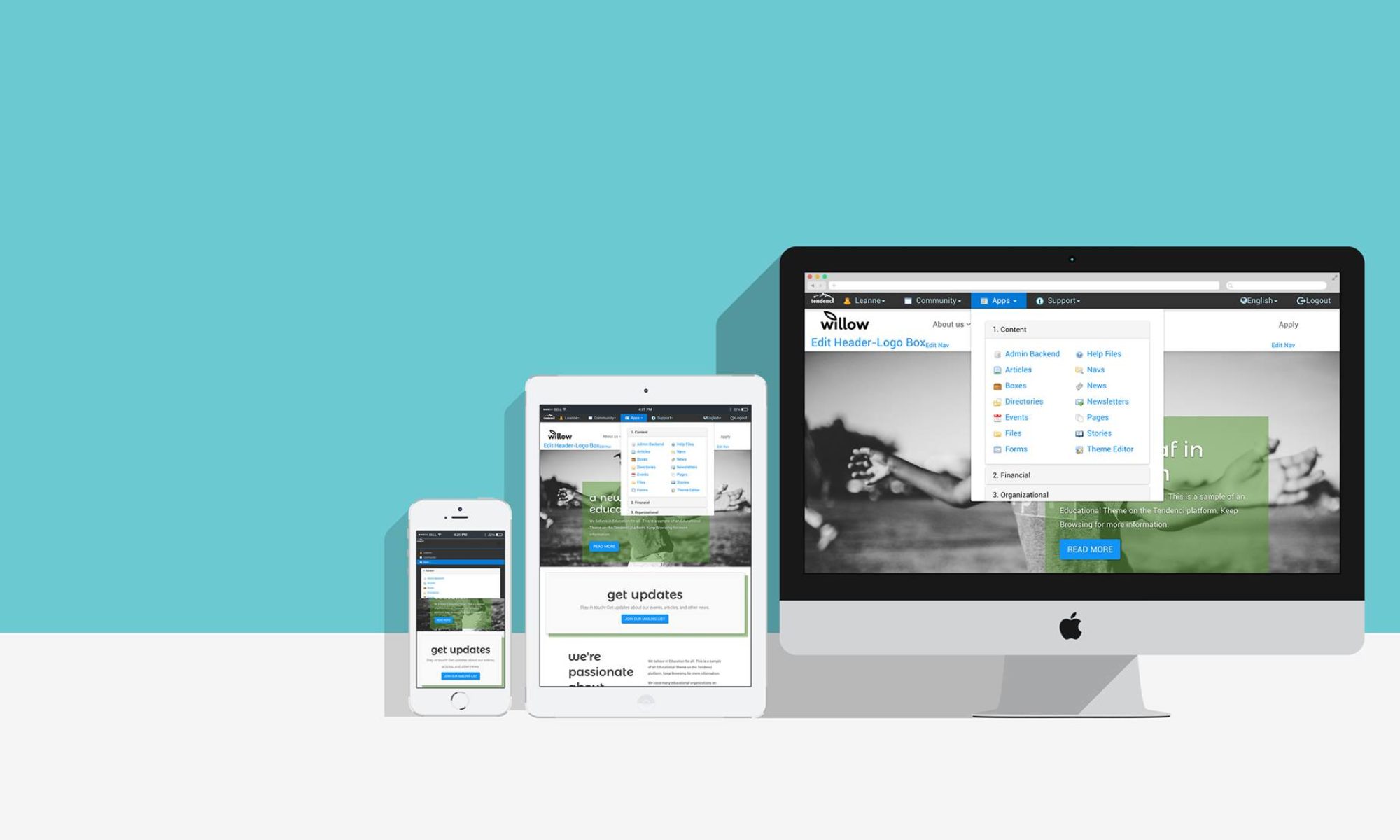Time to put the smart in smart phone!
With news updates of phone hacking scandals splashing headlines the world over, we’re hearing lots of cell phone security buzz – and for good reason too!
While a major news outlet may not be interested in your cell phone activities (or we sure hope not!), this is still a great time to make sure you are practicing some solid cell phone security practices.
Keep that cell phone close by!
You are far more likely to misplace / lose a cell phone than to get hacked, so be sure your little handheld buddy doesn’t stray too far.
- Beware of keeping your phone on your table at busy restaurants, leaving your phone in the car (even just for a ‘second’), etc.
- Find a ‘funky’ cover or skin to make it super easy to identify your iPhone – avoid an accidental mix up easily (I’m a big fan of the Infectious skins) when at a networking event or dinner with 7,000 other iPhone / Blackberry / Android users
- Password protect your phone to keep your logins, contacts, email and notes safe from undesirables – also great for making sure any kiddos in your life don’t make random calls to Japan
- For safety purposes, use an emergency app like smart-ICE to not only store your ICE info (‘In Case of Emergency’) for paramedics to be aware of medical conditions, insurance details and contact info, but add ICE info to your locked screen (in addition to your quirky-cool smart phone wall paper).
- Install a phone location / security app on your phone, a few examples:
- iPhone users: Find My iPhone
- Android users: Mobile Defense
- Blackberry users: Smrt Guard
Beware of public Wifi + ‘Evil Twins’
Yay for public Internet access! But boo for public Wi-Fi security. Extra emphasis on that ‘boo’ when using a credit card or login, as not all Wi-Fi connections are as secure and innocent as they seem. Learn more about the ‘Evil Twin’ phishing scam here.
As cumbersome and slow as it might be, opt for your 3G / 4G network connection over a public Wi-Fi connection to stay secure. Or pick up your own piece of the Internet and invest in a MiFi card.
What’s up with hardware and software security?
Not all apps and phones are created equal. As an iPhone user, Apple has a more stringent vetting process of apps that helps weed out *most* malicious programs. Android’s app community is far more open and has had some security exploits in early 2011.
Use common sense when purchasing apps and accessing certain sites (like your bank account, for instance) on your smart phone. Beware of ‘look alike’ apps that might be masquerading as a Chase banking utility and think twice about depositing checks using a phone app – and learn the safe ways to bank on your phone here..

